For some, the vampire is a symbol of death and darkness, representing all that is evil and dangerous in the world. Others see the vampire as a figure of seduction and power, someone who is able to defy the natural order and live forever.
Whatever one’s interpretation, it is clear that the vampire is a complex and rich symbol with a wide range of meanings.
As we continue to explore the dark corners of our imagination, the vampire will no doubt continue to exert a powerful hold on our collective psyche.
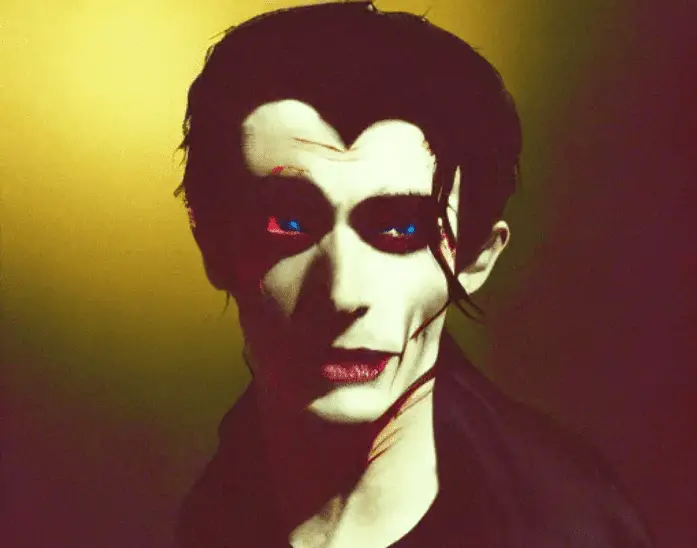
Quick Overview: Vampire Symbolism
- Death
- Dread
- Evil
- Fear
- Hunger
- Lust
- Mystery
- Power
- Sexuality
9 Vampire Symbolisms
1. Death
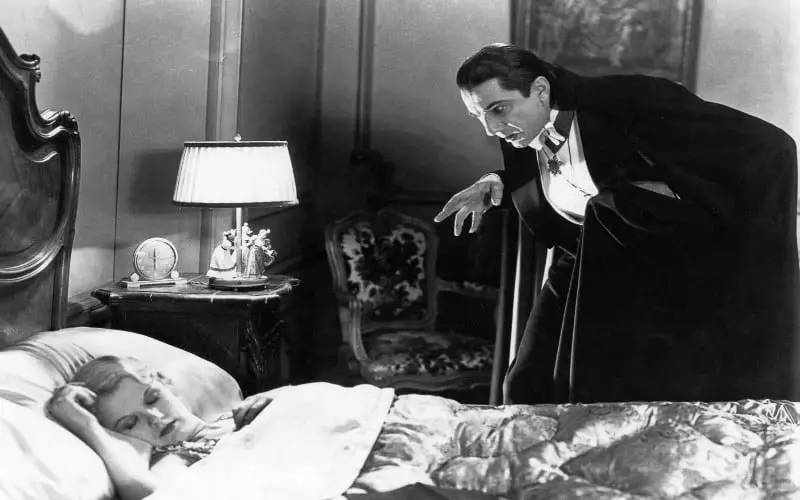
A vampire is a corpse that returns from the grave to feast on the blood of the living. As such, they have come to symbolize death and all that it represents.
Vampires are often seen as dark and sinister creatures, preying on the innocent and bringing death wherever they go. In some cultures, vampires are even believed to be the embodiment of evil, capable of destroying entire villages with their thirst for blood.
For these reasons, vampires have come to be synonymous with death itself, serving as a reminder of our own mortality.
In a way, then, vampires serve as a stark reminder of our own impermanence, and the inevitability of death.
2. Dread
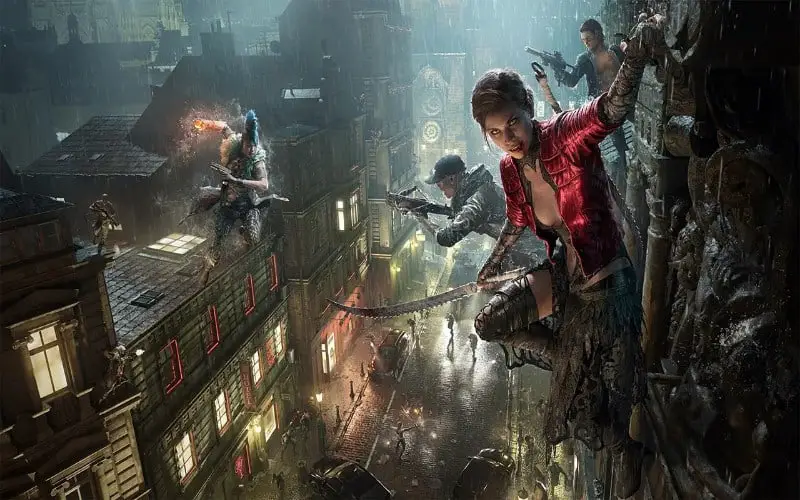
Vampires have been a part of human mythology for centuries, and they continue to capture our imaginations today.
There are many reasons why vampires have come to symbolize dread and fear. For one, vampires are creatures of the night, which are traditionally associated with darkness and evil.
Additionally, vampires are often portrayed as being powerful and seductive, which can be a dangerous combination. They also tend to be very secretive and elusive, which makes them all the more mysterious and frightening.
Finally, vampires are often seen as a symbol of death, due to their ability to turn humans into vampires themselves. All of these factors combine to make vampires a potent symbol of dread in our culture.
3. Evil
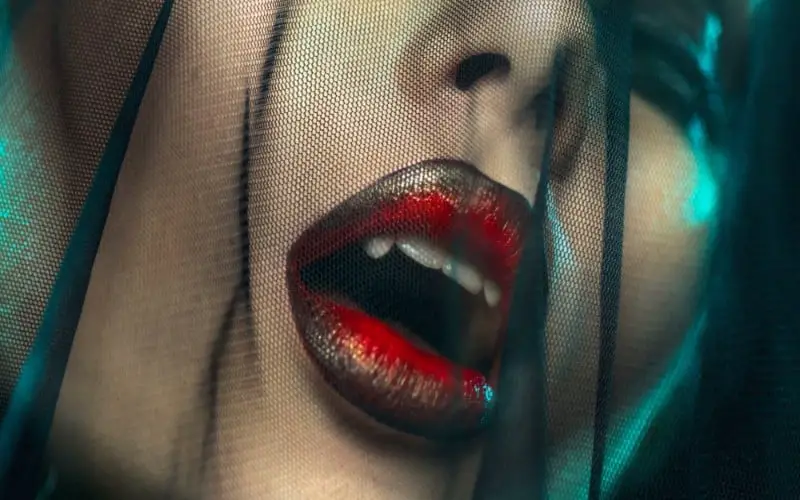
Vampires have been a popular symbol of evil for centuries, appearing in everything from folklore to film.
There are many reasons why vampires may be seen as evil, including their ability to turn others into vampires, their need for human blood to survive, and their often-monstrous appearance.
However, one of the most common explanations is that vampires represent our own dark desires and fears. Their supernatural powers can represent the things we wish we could do, while their thirst for blood can be seen as a symbol of our own primal urges.
In some ways, then, vampires may be seen as symbols of the human capacity for evil. However, they can also be seen as creatures that defy death, which may be why they continue to fascinate us today.
4. Fear

Vampires have long been a symbol of fear.
Their ability to turn people into vampires and their thirst for blood makes them the stuff of nightmares. But there is more to vampires than just their ability to terrify.
Their immortality also makes them a symbol of death itself. And their seductive powers can represent the dark side of human nature.
Vampires tap into our deepest fears, which is why they continue to be one of the most popular monsters in fiction. Whether we’re scared of them or fascinated by them, vampires are sure to keep us coming back for more.
5. Hunger
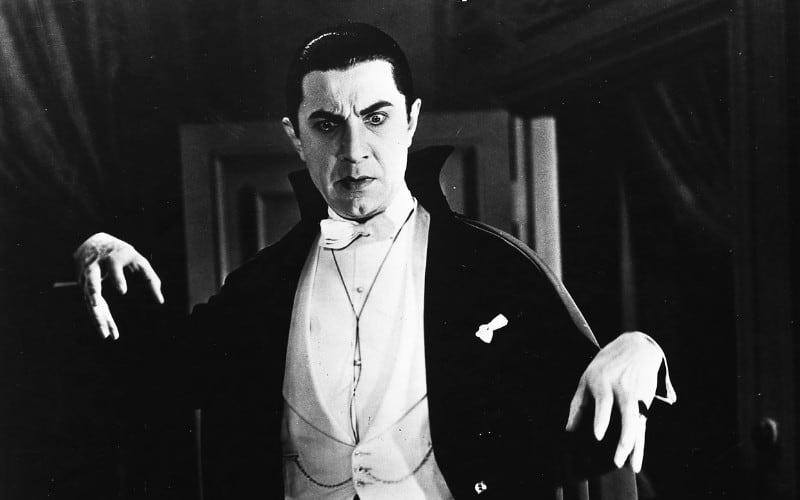
A vampire is a creature that is often used to symbolize hunger.
This is because vampires are typically shown as creatures that are always seeking out human blood, which they need in order to survive. This image of a vampire as a never-ending hunger machine can be helpful in illustrating the problem of hunger in the world.
When people think of hunger, they often think of it as an issue that is far away and doesn’t really affect them. However, when they see a vampire representing hunger, it can help to illustrate how destructive and all-consuming hunger can be.
Vampires also often symbolize the idea of eternal life, which can be another way of highlighting how significant the problem of hunger is.
6. Lust
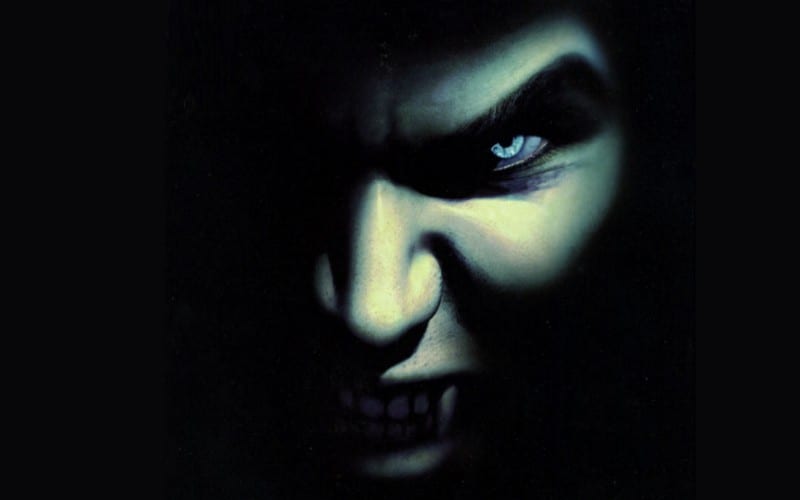
There are many reasons why a vampire might symbolize lust.
For one, vampires are often seen as dangerous and seductive creatures, which can make them irresistible to many people.
Additionally, vampires are often associated with drinking blood, which can be seen as a sexual act. Finally, vampires are often portrayed as being very attractive, which can also make them symbolize lust.
Ultimately, there are many reasons why a vampire might symbolize lust, and it is up to the individual to decide what that means to them.
7. Mystery
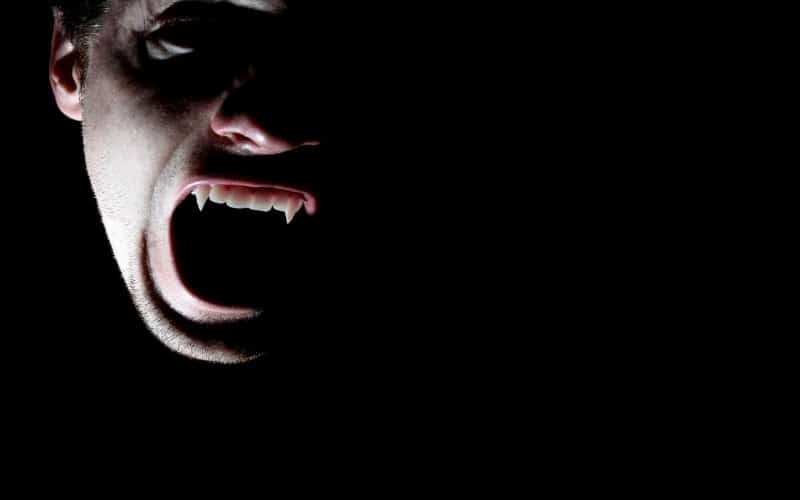
A vampire is a creature that has long been associated with mystery and the unknown.
For centuries, people have been fascinated by stories of these bloodthirsty creatures, and the image of the vampire has become one of the most enduring symbols of horror.
There are many reasons why vampires continue to capture our imaginations, but one of the most important is that they represent our fear of the dark side of human nature. Vampires are often seen as seductive and alluring, but they are also dangerous and deadly.
They embody our deepest fears about what we might be capable of if we let ourselves give in to our darkest desires. In many ways, vampires represent the part of ourselves that we keep hidden away, afraid to let out for fear of what it might do.
By delving into the mysteries surrounding these creatures, we can better understand our own fears and learn to confront them.
8. Power

For many people, vampires symbolize the seductive allure of power and immorality.
They represent our fear of death and the unknown, as well as our primordial desire to transgress the boundaries of morality.
In popular culture, vampires have often been used as metaphors for dangerous and attractive strangers. They are creatures of the night who embody our deepest fears and desires.
Whether we love them or hate them, vampires continue to fascinate us because they reflect our own dark impulses.
9. Sexuality
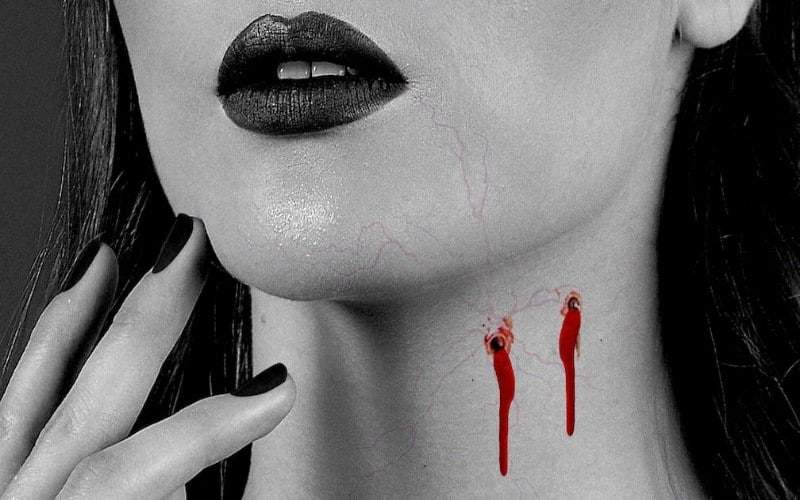
Vampires have been a popular symbol of sexuality for centuries.
There are many reasons for this, but one of the most important is that vampires are immortal. This means that they can enjoy uninterrupted sexual pleasure for eternity.
In addition, vampires are often depicted as being incredibly seductive and alluring. They are often able to lure their victims into their arms with little effort. This makes them the perfect symbol of unrestrained sexuality.
Finally, vampires are often associated with danger and mystery. This combination can be very thrilling and make vampire stories some of the most erotic tales around. For all of these reasons, it is no surprise that vampires continue to be a powerful symbol of sexuality.
Spiritual Meaning of Vampire
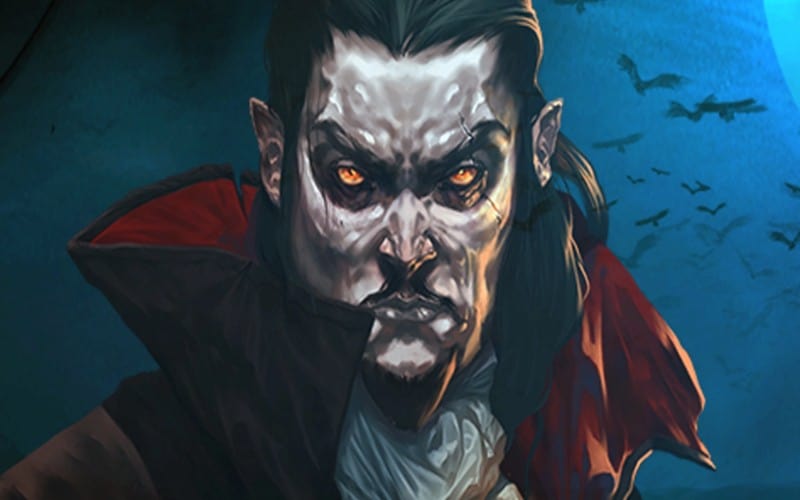
The modern-day vampire is usually associated with horror movies and books. They are generally seen as evil creatures that feed on the blood of the living.
However, in many cultures, the vampire has a much different meaning. For example, in some Native American traditions, vampires are seen as sacred beings that help to keep balance in the world.
In other cultures, vampires may be seen as guardian angels or protectors. They may also be seen as symbols of death and rebirth. In many ways, the vampire can be seen as a metaphor for the human condition.
Just as vampires must feed on blood to survive, humans must also feed on the energy of others to maintain their own health and vitality. Similarly, vampires often have to live in the shadows, away from the light of day.
This can be seen as a symbol of the hidden side of human nature – the side that is often afraid to come out into the open. Whether you see them as monsters or protectors, it is clear that vampires have a deep spiritual meaning that goes far beyond their role in popular culture.
Vampire Dream Meaning and Symbolism
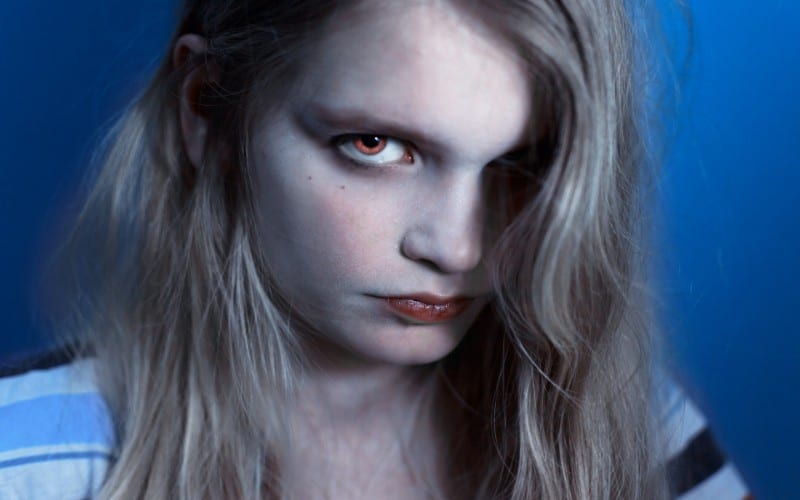
Some believe that vampire dreams are symbolic of repressed anger or rage. The vampire in the dream may represent someone who has hurt you deeply, and you may be subconsciously working through those feelings in your dream.
Alternatively, the vampire could represent a part of yourself that you find dark or dangerous. It’s possible that you feel like you’re losing control of your life or your emotions, and the vampire is a metaphor for that feeling.
Others interpret vampire dreams as being more positive in nature. They may represent new beginnings or a time of great change in your life.
The vampire could be a sign that you’re ready to let go of the past and move on to something new. Or, it could be a representation of your own strength and power.
If you’re facing a difficult situation in your waking life, the vampire dream may be showing you that you have the strength to overcome it.
Conclusion
In popular culture, vampires are often portrayed as dark, seductive creatures of the night. However, the vampire is a complex symbol that has been used to represent a wide range of ideas and concepts throughout history. In many cultures, the vampire is associated with death and the afterlife. In others, it is seen as a representation of unbridled passion and desire. The vampire can also be a symbol of power and wealth, or of corruption and decadence.

